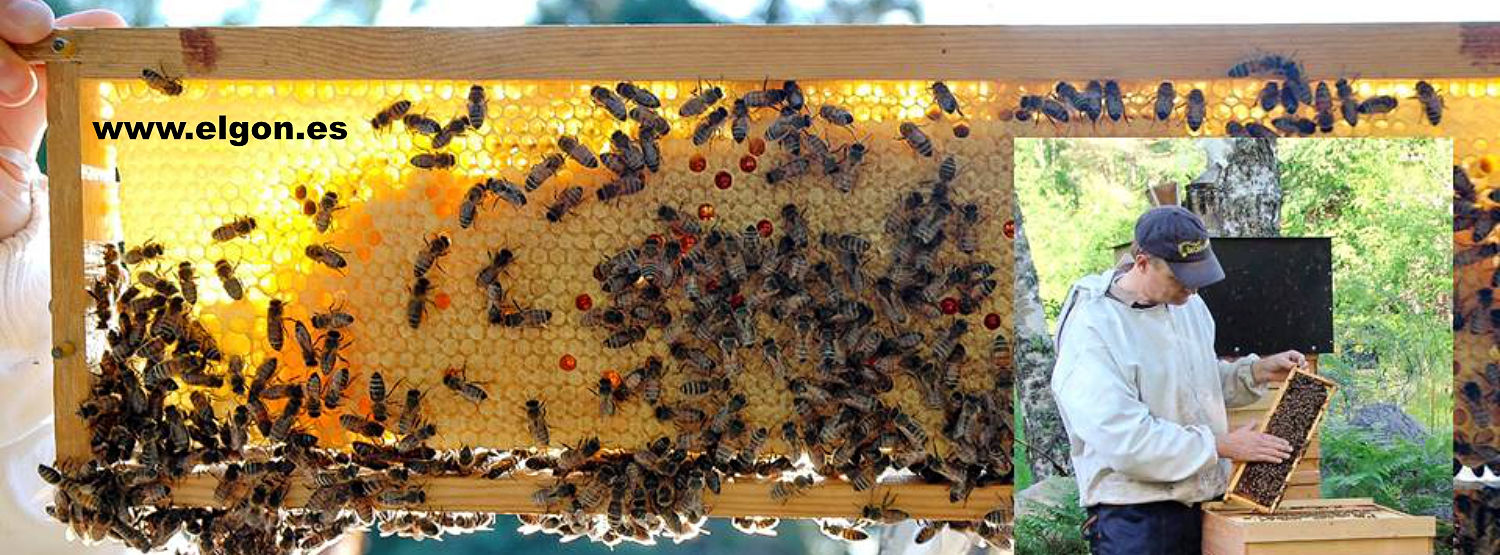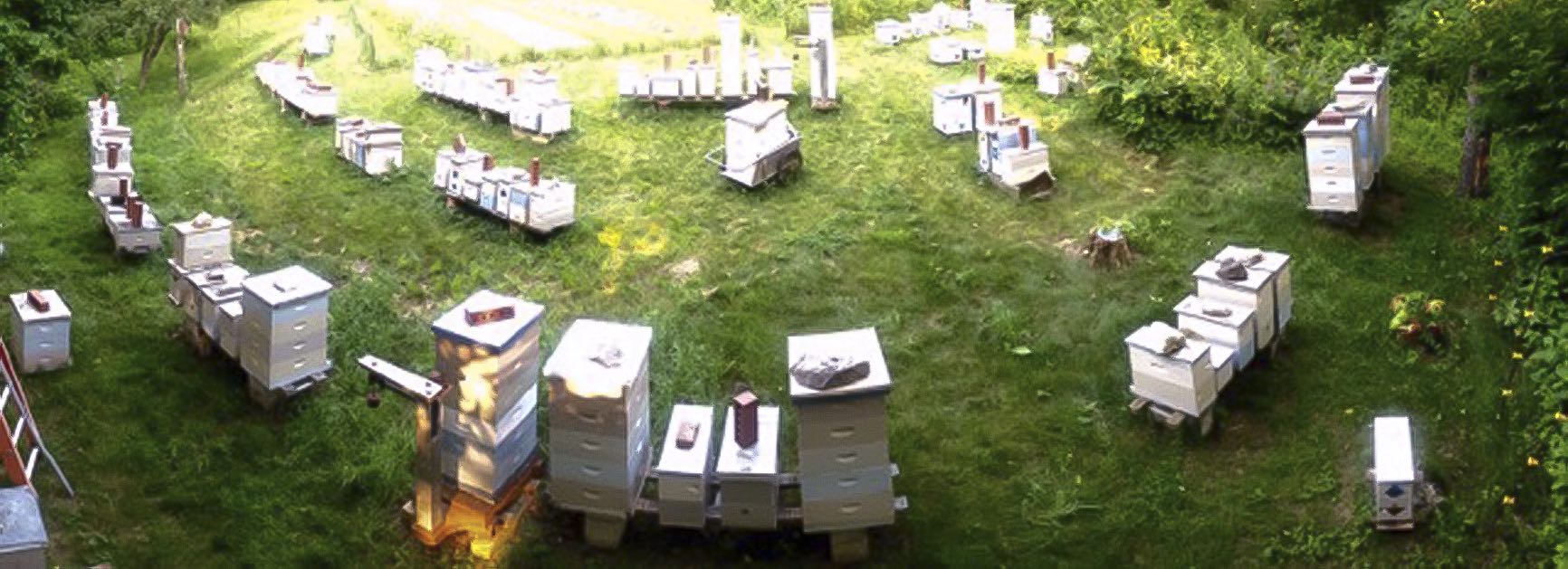Breed varroa-resistant bees! The study of EurBeST states that varroa-resistant bees are important for beekeeping. In 2017, the European Commission appointed an international group of bee researchers led by the German Bee Institute in Kirchhain to find out more about
Cooperation in the Elgon area

Some years ago, varroa resistance had risen noticeably on my Elgon bees. Then I started to give away some breeder queens to the neighboring beekeepers. And they promised to graft from them to make new queens. In particular, Stig-Åke Gerdvall
Resistant bees in Wales
In north Wales, there is a group of beekeepers that do not treat honey bee colonies against the Varroa mite. They havn’t done it in years. Winter losses are lower among their bees than with those who treat. Here is
Which bees are the best?
Bees can develop rapidly in spring, or slowly, or in between. Carnica bees (Carniolans) are usually known to develop rapidly in spring, while black bees (A. m. mellifera, AMM) usually develops slowly. If the bees are developing quickly, they eat
Living with bees
My friend Radim has been a beekeeper for 5 years. He’s living in a forested area where his bees are quite for themselves. He started with Elgon bees, but not the very best varieties. He has though been fortunate as
Reinvasion is worst
Last year 2015 was a bad year for the bees in more than one respect. Long cold spring and bad summer. But late summer was good as was the autumn. The bees could recover and prepare for next year. Fresh
Learning and teaching
Hans-Otto Johnsen was very skilled already in his youth keeping old American cars and trucks going. That skill can be very handy for a commercial beekeeper. For many years he worked as an expert on explosives, but he got
Daughter of the feral queen
Karin is a new beekeeper. She got a split from me with a daughter of the swarm that came from the wall of one of her houses, an unheated older, kind of summerhouse. http://www.elgon.es/diary/?p=515 At the end of last summer,
A passionate treatment free beekeeper

Cory Stevens lives in southeast Missouri. There are some hives of hobbyists some miles from him. A larger beekeeper is 7-8 miles from him, but he uses Cory Stevens’ queen cells. The whole Stevens family works together Started with resistance
A locally adapted Varroa resistant bee stock

http://www.happyhollowhoney.com/ Richard Reid in a Virgina rural area in the US began with bees 1973. Beekeeping was simple, almost only it consisted of putting on and removing supers. By 1995 all of his bees died due to the Varroa mite.